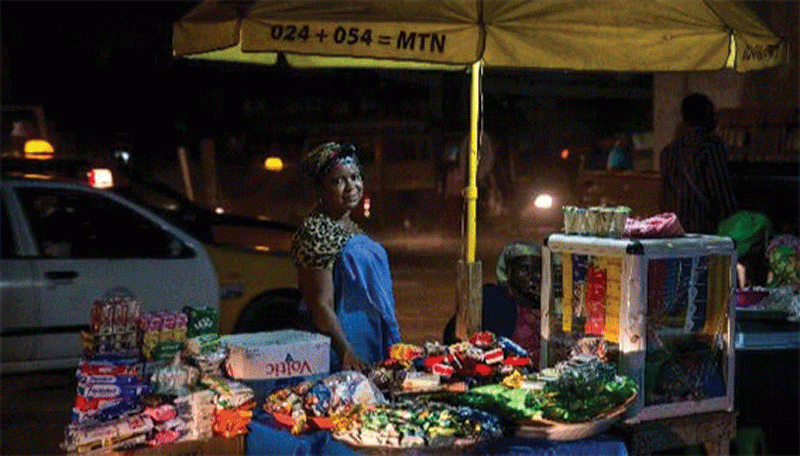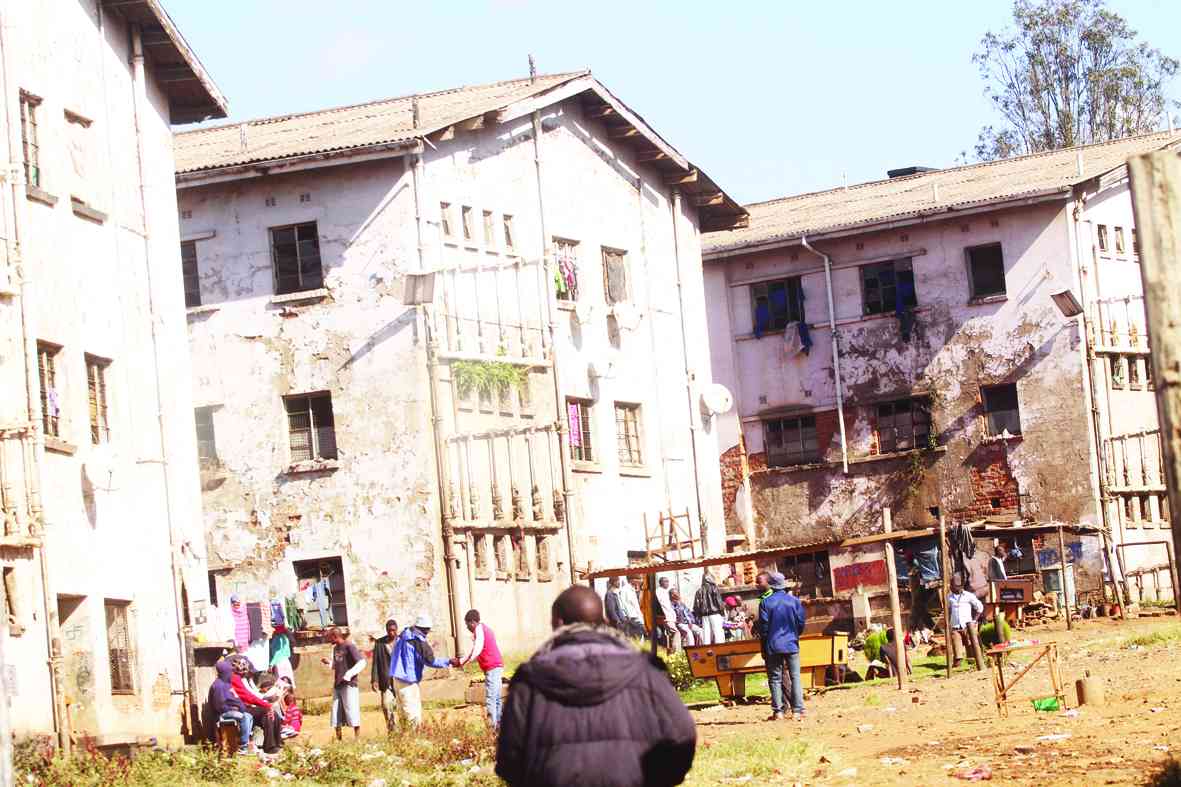
AS the sun sets and the city transforms, a different kind of economy emerges.
While most businesses close their doors, nocturnal vendors emerge and set up their stalls, turning streets that are about to go sleepy into vibrant market places.
Kezia Munemo (35) is a happy vendor who sells different food stuffs on Harare’s streets at night.
“I love the energy of the night. I am now used to selling during odd hours as most of my customers will be rushing home,” says Munemo.
“During the day, I will be at home doing other things. My timetable is weird. I get into town at around 4pm when others will be headed home.
“There are few disturbances at night due to absence of municipal police and other law enforcement agents as compared to during the day.”
According to nocturnal vendors, they prefer selling at night as most shops and outlets would have closed for the day.
“If you see me carrying my basket at night, running around selling food to different people, I do that with all my heart because I know it pays well,” says Tanyaradzwa Marufu (24).
- Byo armed robber in court
- Woman jailed 12 years for indecent assault
- Magistrate jailed 3 years for abuse of office
- Zim’s poor batting hands India series
Keep Reading
“The profits I make are worthy coming into the central business district at night.”
These vendors create a welcoming atmosphere, where laughter and conversation flow freely.
Also known as “owls” in the city, they strive to provide their best of services.
“We usually sell food and beverages to those working night shifts, party-goers, those travelling and even security guards who work at night and we make good profits,” Munemo adds.
Zimbabwe is currently experiencing an economic meltdown that has resulted in the birth of the informal sector.
According to the Zimbabwe National Statistics Agency, almost 86% of Zimbabwe’s adult population is in the informal sector, mostly due to tight economic circumstances that have decimated “formal” industry.
And with unemployment reaching alarming rates, many of those in the informal economy are ekeing a living through vending.
Why do they become nocturnal vendors?
Among these vendors is Mai Ano, a mother of two, who saw the advantages of selling at night so as to take care of her family.
“The advantage of selling at night is that there is less competition as compared to selling during the day,” she says.
“There are so many food outlets like restaurants operating during the day, so that is why we prefer at night.”
Adds Mai Ano: “During the day, there will be police officers and the municipal cops who will be hot on our heels. They will be asking for permits and all that.”
Challenges under the moon
Despite the profits realised from sales, nocturnal vendors also face some challenges ranging from clashes with law enforcement agents who sometimes make raids at night.
Many nocturnal vendors operate without formal permits, navigating the regulatory complexities of city ordinances.
“We operate with one eye open as we fear being arrested,” fruit vendor Rodgers Marufu says.
“I wish the police and those from the council could just allow us to sell our products freely, but that is not the case.”
Some of the vendors reveal that they face challenges such as theft and robberies during the night.
“Some people come and buy using fake money,” Munemo adds.
“We also risk being robbed of our money.”
As the sun rises in the morning, these “owls” pack up, leaving a trail of trash and memories.
They go home and rest during the day, recharge and prepare to come back again into the city for a fresh “day”.










